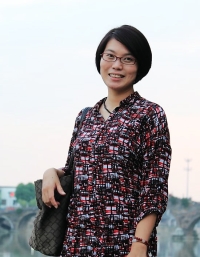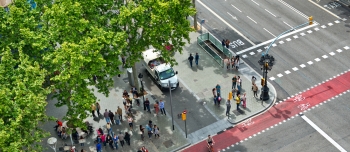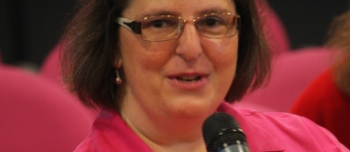CLOSER CITIES aims to create a bridge between urban science and urban practice. By collecting cases on urban practice, analysing them on the shoulders of urban science and sharing research outcomes, urban knowledge becomes shareable. In the ‘5 questions’ series, we ask scientists to briefly reflect on their research and the shareability of their insights and projects.
1. What is the main focus of your research (topic, theme, region)?
Global City Connection Global Tourism Global Migrants Global Scientific Collaboration Global Exhibition Network Sino-European Comparative Urban Research Shanghai, China
2. Can you give a brief description of your research?
All research are under the ‘global city’ umbrella and belong to the domain of urban geography. In particular, (1) Global Tourism: mainly analyses on the one hand, the major geographical dimensions of the location strategies of a selection of multinational tourism firms; and on the other hand, a typology of cities presented based on their ‘product destination internationalization’ and ‘business environment internationalization’. (2) Global Exhibition Network: mainly studies the globalization of the exhibition industry as visible in the putatively ‘global’ location strategies of major exhibition enterprises. (3) Global Migrants: mainly studies the geographic concentration and expansion of cultural, leisure, tourism, business and residential activities of foreign migrants in a certain global city. (4) Global Scientific Collaboration: Mainly sets out to quantify the specific type of international scientific collaboration ties between Chinese cities and other cities in the world. (5) Sino-European Comparative Urban Research: mainly carries out fundamental and applied research on subjects of strategic value to urban regions today and in the future.
3. How much influence does ‘local context’ have in your field of work? Can results or solutions from your research be shared with other regions easily?
The 'local context' matters to a large extent to our study, as it plays the major part to our case studies. Yes. most studies we are carrying on are global studies with over 300 global cities involved. In addition, our studies on Chinese cities can especially reflect to some extent how cities in the 'smart era' practice to fulfill its sustainable goals.
4. What are the main lessons learned that can be used by urban initiatives?
For each study, the side result of the research is the global city ranking, especially in the field of culture, tourism, exhibition, knowledge, etc. These rankings show the 'soft power' of each city and represent how the city behave in the modern knowledge society. In this sense, our research findings can be used by cities as a reflection to evaluate its practice in a certain domain.
5. How do you think cities can implement these lessons?
From the ranking and index, cities can easily identify its weakness and areas to be improved in the future.











